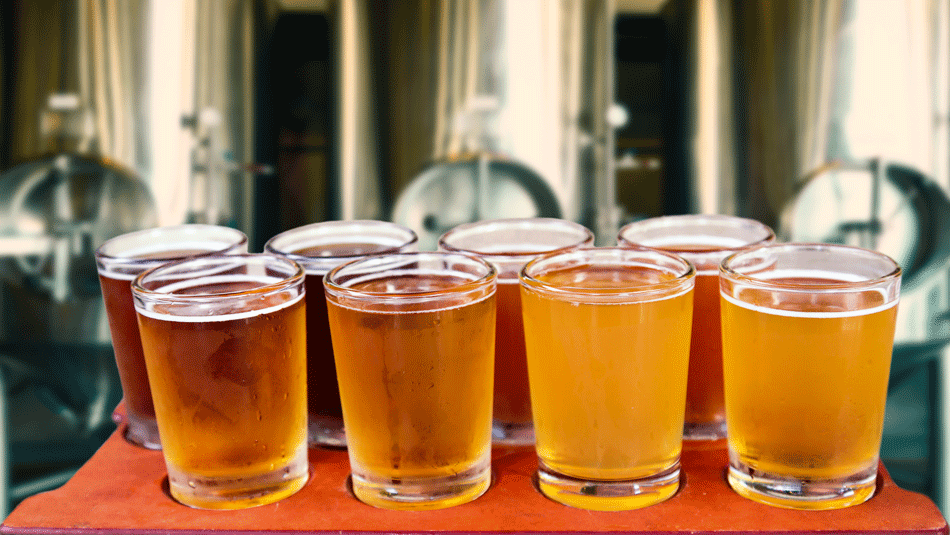It's not often an archivist gets to collect history in real time; usually it takes years and years for a group of historical items to make their way to a university of museum for archival. But Megan Blair at St. Edward's University in Austin is turning the process around and collecting the history of beer in Texas as it happens. It's one of the first archives of its kind in the country, per Austin360's exclusive report.
Of course, craft beer in America isn't anything new. The history of brewing goes all the way back to Jamestown and though it took more than a few decades for modern craft brewing to take hold after the end of Prohibition, there's already a lot of recent history to collect. Even the Smithsonian's National Museum of American History is getting in on the act by hiring a craft beer historian for their Brewing History Initiative.
Texas beer has a long and storied history. Lone Star Beer, the "National Beer of Texas," began production in 1884 in San Antonio. And of course, there's Spoetzl Brewery, which has been brewing Shiner beer since 1909. Even before craft beer started to gain popularity, there were a few Texas craft breweries like Saint Arnold Brewing Company in Houston which opened in 1994.
Today there are over 200 craft breweries across the state from Dallas to Houston and from Amarillo to El Paso to San Antonio. The craft brewing industry has a $4.5 billion impact on the Texas economy, so there is a lot of history to be considered.
Arianna Auber at Austin 360 first reported on the new academic endeavor, which has so far gathered memorabilia from Texas breweries and hopes to add other Texas craft beverages makers as well.
As reported in Austin 360, Blair got the idea after attending a lecture given by an archivist at Oregon State University, which houses the Oregon Hops and Brewing Archive, the first beer-related archive in the U.S. When she went to work for St. Edward's, she convinced them that collecting a history of beer in Texas was useful.
Part of Blair's job as archivist is also convincing brewers that branded swag like posters and other giveaways are actually important to history. Decades from now, people may wonder how the craft brewing industry came to be such a powerhouse in Texas. They'll be able to study materials from the archive for research or just for curiosity.
It's even more important when you consider that history can be lost when businesses close. In the article, Blair references critically acclaimed Pedernales Brewing, which was close to shutting down due to dwindling sales. Without the archive, their history could have been lost and part of the story of Texas craft beer would have gone missing. She tells Austin360, "I'm taking a different approach by helping the breweries understand why they need to already be saving their stuff coming in so that we don't lose things, like if Pedernales (Brewing) had closed and been boxed up and thrown away."
The archive isn't only focusing on the history of the breweries. It's also looking at the political and cultural aspects of craft brewing in the Lone Star State. The explosive growth of craft beverages have driven changes in state law, so the archive is collecting the legislative and social history of beer in Texas as well.
The Texas Craft Brewers Guild has been supportive of the archive, including helping Blair connect with brewers across the state. The Austin360 article quotes executive director Charles Vallhonrat as saying, "We applaud St. Edward's University for taking initiative on this project to protect and preserve the legacy of Texas' growing craft beer industry for current and future generations."
So whether you prefer ale, IPA, or an imperial stout, raise a draft or can or bottle to Texas beer history and to the archivist making it possible to tell the full story long into the future.





